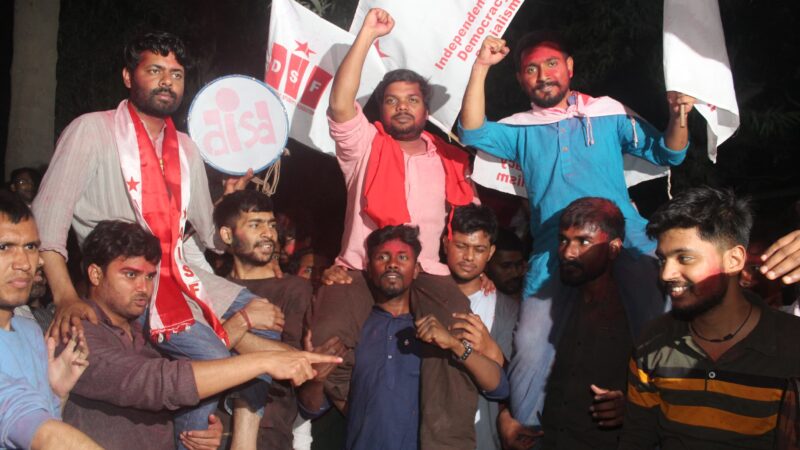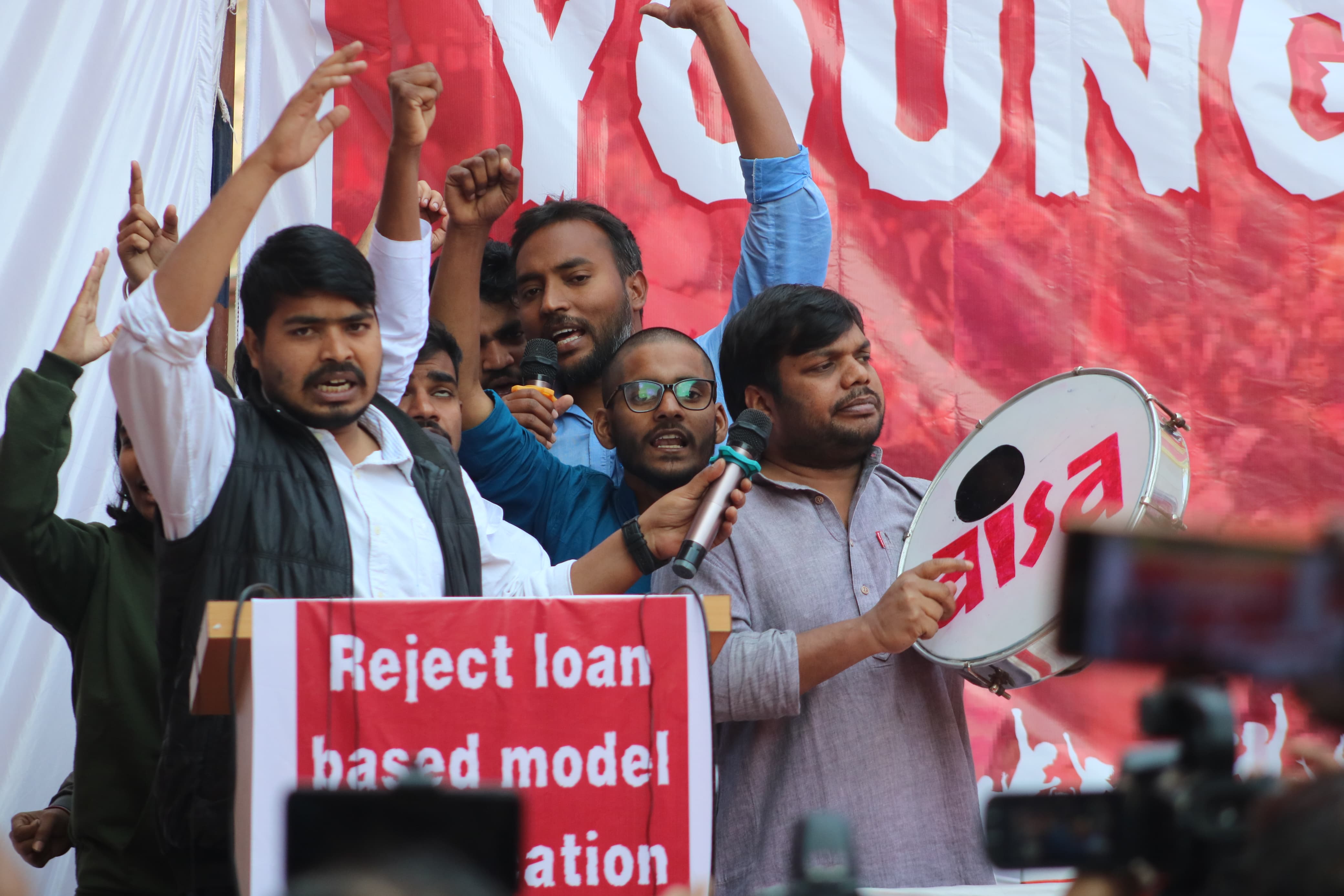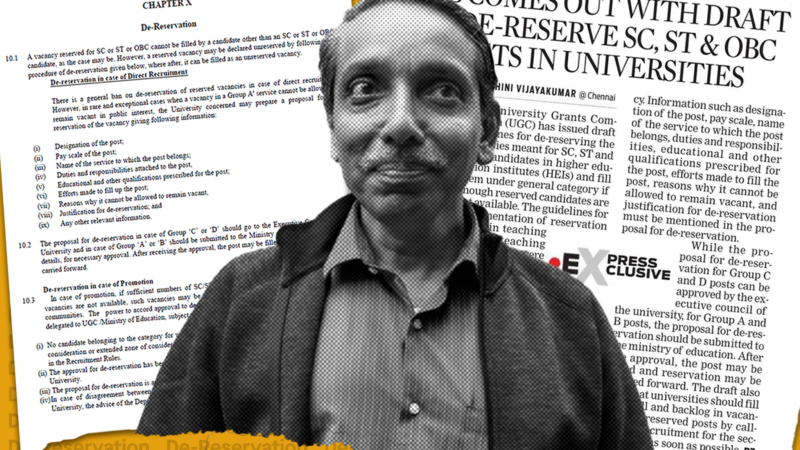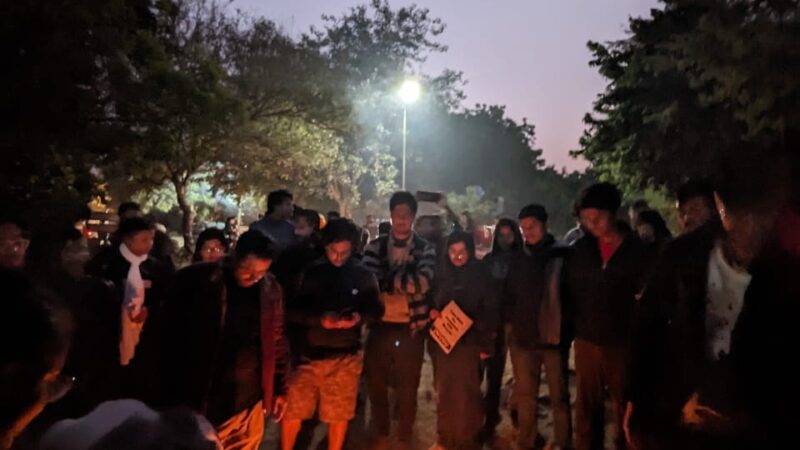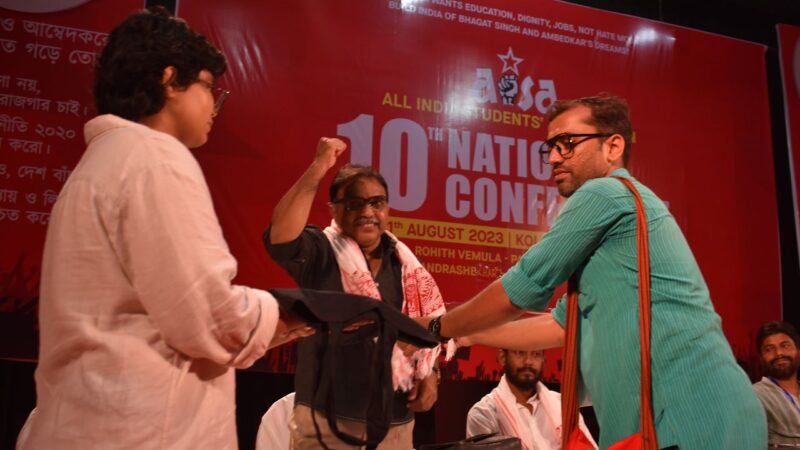Sugarcane Harvesting and Bonded Labour
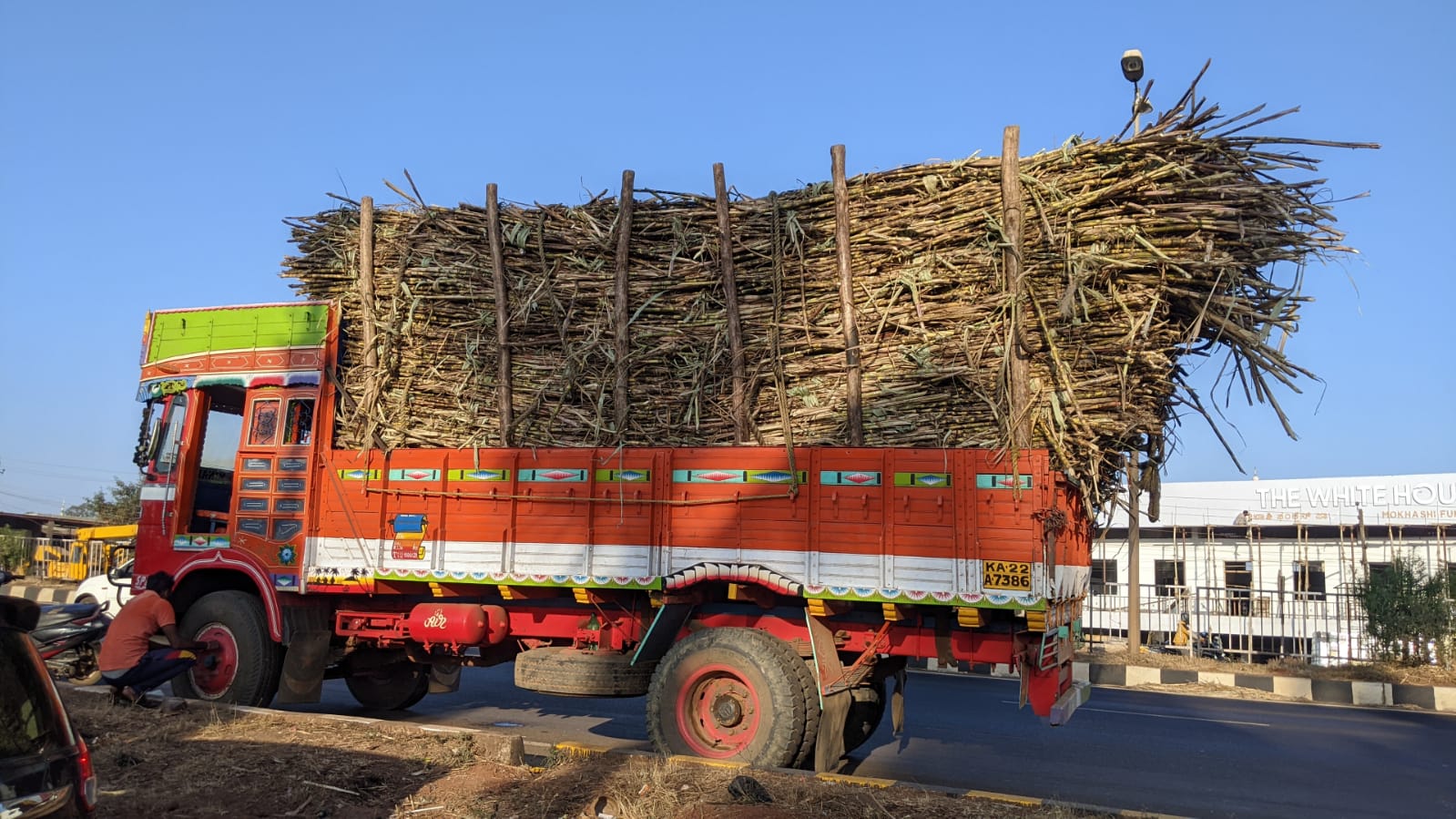
In view of two serious incidents of members from the Adivasi community of Madhya Pradesh being held as bonded labourers in Nippani and Ramdurg taluks of Belagavi district, a team consisting of Shashank SR (People’s Union for Civil Liberties – Karnataka), Avani Chokshi (All India Lawyers’ Association for Justice), Syed Junaid (All India Students’ Association) and Sachi (All India Students’ Association) representing different human rights and progressive organisations came together to initiate a fact-finding into the issue. The team visited Belagavi on the 28th and 29th of January, 2022 to meet the workers. The team also spoke to the Deputy Commissioner of Belagavi district, Deputy Labour Commissioner of Belagavi district, the Child Welfare Committee and the District Legal Services Authority.
On speaking to the workers, it was found that the labourers belong to the Adivasi community of Madhya Pradesh. They were brought to Belagavi by contractors on payment of advance of Rs. 20,000/- per labourer. In respect to the group this team spoke to, the said advance was paid to 20 workers, of whom nine are minors.The workers stated that prior to being brought to Belagavi, the labourers were not informed of the rate of wages to be paid to them, details of repayment or information of interest accruing to the advance given to them. Upon their arrival at Belagavi, the labourers were made to live in tarpaulin shacks around the fields they harvested. The labourers worked daily for almost 15 hours a day, harvesting sugarcane and loading the daily harvest onto the tractors, and were not paid at all by the contractor, but were paid small sums of Rs. 25-30 per person by the farmers on whose lands they worked, as tips. After working for 2 ½ months without pay, they enquired with their contractor about their wages, but were informed that they were still under the debt of Rs. 2 lakhs and that they could leave only after clearing this debt. This is clearly a ‘bonded debt’ as defined under the Bonded Labour Systems (Abolition) Act, 1976.
Shockingly, the Tehsildar of each taluk undertook spot enquiries with members of the labour and police departments and panchayat officials and gave reports that there was no bonded labour or child labour, on the grounds that the labourers were not physically restrained. On the basis of this, the Deputy Commissioner has issued a letter to the team stating that there was no forced labour or child labour. The denial, time and again by various state authorities and the district administration including the DC and the Magistrates of any occurance of the violation of the rights of adivasi migrant workers and children and their denial to initiate proceedings against the accused according to the provisions of the law, coupled with the indifference and insensitivity that various officials displayed towards the grave violations of the rights of one of the most marginalised communities makes it evident the the district administration was attempting to sweep the issue under the carpet. Finally, on 05.02.2022, an FIR bearing No. 18/2022 was lodged by the Sadalaga Police station under Sections 16 and 17 of the Bonded Labour Systems (Abolition) Act, 1976. The Deputy Labour Commissioner (Belagavi) has also treated the complaint of the workers in respect of non-payment of due amounts as a complaint under the Minimum Wages Act, 1948, and the case is currently pending.
Summary Findings
- The team found numerous constitutional and statutory violations by the administration, including violations of Article 23 of the Constitution of India which prohibits begar and other forms of forced labour.
- The team came to the conclusion that the workers were Bonded labourers as defined in the Bonded Labour System (Prohibition) Act, 1976, and were required to be provided relief and rehabilitation in accordance with the said Act. It was found that the workers were entitled under the Central Sector Scheme for Rehabilitation of Bonded Labour 2016, to a rehabilitation package of Rs. 1 lakh per adult male bonded labourer and Rs. 2 lakh per woman or child bonded labourers.
- It was found that the DC has failed in his duty to enquire whether any bonded labour is being enforced within his jurisdiction and take necessary action to eradicate this enforcement. Moreover, his action in finding that no forced labour was in practice without speaking to the workers is in violation of the Standard Operating Procedure for the Identification and Rescue of Bonded Labourers and Prosecution of Offender, 2017. His actions are also in contravention of the NHRC Advisories dated 31/05/2021 and 08/12/2021 to Identify, Release and Rehabilitate Bonded Labourers
- The team also found that child labour had taken place, prohibited under the Child and Adolescent Labour(Prohibition and Regulation) Act, 1986, on the basis of the statements of the workers. In fact, the admission of the contractor that 20 people had been paid advances makes it evident that apart from the 11 adults, all 9 children were also employed, in violation of the 1986 Act. In fact, even the Child Welfare Committee affirmed that the statements of the children made out a violation of the Act.
- The team found that the provisions of the Minimum Wages Act, 1948 and the Inter-State Migrant Workmen (Regulation of Employment and Conditions of Service) Act, 1979 had been flouted, and calculated that the statutory dues of each worker under these laws would be a sum of Rs. 1,18,878.8/- per worker.
- The team found a violation of the Scheduled Castes and Scheduled Tribes (Prevention of Atrocities) Act, 1989, which makes the forced labour of a member of a Scheduled Tribe punishable with imprisonment extending up to five years.
- The team found violation of the Karnataka Grama Swaraj and Panchayat Raj Act, 1993, which makes it obligatory on the part of a Grama Panchayat to report any case of enforcement of the Bonded Labour System.
- The institutional apathy and lack of awareness amongst officials in respect of workers hailing from the most vulnerable and marginalised sections of society is shocking and itself contributes to the violation of the workers to their fundamental right to dignified lives under Article 21 of the Constitution of India.
- The incident cannot be seen in isolation. The workers in their interactions with the fact-finding team revealed that they knew of many such groups which migrated from their homes to different districts in Karnataka including Belagavi and Bagalkot. The migration of workers to various districts in Karnataka is an annual occurrence. The hierarchical power structures in this nexus of players involved in the cycle of migration, enables systemic patterns of exploitation and oppression which negates the rights of the workers hailing mostly from the vulnerable communities.
Summary Demands
- The Bonded Labour Systems (Abolition) Act must be understood in letter and spirit by all district authorities and holistically implemented, with activation of Vigilance committees, regular surveys and enforcement of rehabilitation mandates.
- Similarly, the District Magistrate and the Labour Department must work hand in hand to ensure abolition of child labour and regulation of adolescent labour in accordance with law, with regular surveys and monitoring, and activation of the District Task Force Against Child and Adolescent Labour is to be constituted and activated. Moreover, the system of periodical monitoring and inspection is required to be put into effect as per Rule 4E.
- The Labour Department must conduct regular inspections in respect of compliance of the Inter-State Migrant Workmen (Regulation of Employment and Conditions of Service) Act, 1979 and the Minimum Wages Act, 1948, and ensure immediate prosecution of violators.
- The State of Karnataka must issue a circular to all for treating the workers employed in the oppressive, exploitative and bonded conditions of labour in a humane and dignified manner and must ensure that those officials who summarily dismiss allegations of violation of law face immediate disciplinary action.
- The State of Karnataka must consider the constitution of a welfare board to provide financial security and improve the standard of living of sugarcane workers who are engaged in sugarcane cutting, harvesting and transportation.
- The State government must conduct awareness campaigns on bonded labour for all authorities etc. to ensure the eradication of bonded labour and the protection of fundamental rights of workers.
- The Rural Development and Panchayat Raj Department, Government of Karnataka must issue a circular to all Gram Panchayats to strictly adhere to the obligation to report bonded labour under Section 58A of the Karnataka Grama Swaraj and Panchayat Raj Act, 1993.
- The District administration of Belagavi must make a concerted effort to survey interstate and intrastate migrant workers involved in sugarcane harvesting and loading each season, and ensure compliance of the various laws detailed above.
- The Director General and Inspector General of Police, Karnataka must issue a circular reiterating the directions of the Hon’ble Supreme Court in the case of Lalita Kumari v. State of U.P., (2014). 2 SCC 1, which mandates registration of FIR where information discloses commission of a cognizable offence and states that no preliminary inquiry is permissible in such a situation. The further direction of the Hon’ble Court that “The police officer cannot avoid his duty of registering an offence if cognizable offence is disclosed. Action must be taken against erring officers who do not register the FIR if information received by him discloses a cognizable offence.” must also be strictly adhered to.
A Report from Belagavi:
People’s Union for Civil Liberties – Karnataka (PUCL-K), All India Lawyers’ Association for Justice (AILAJ), All India Students’ Association (AISA)
